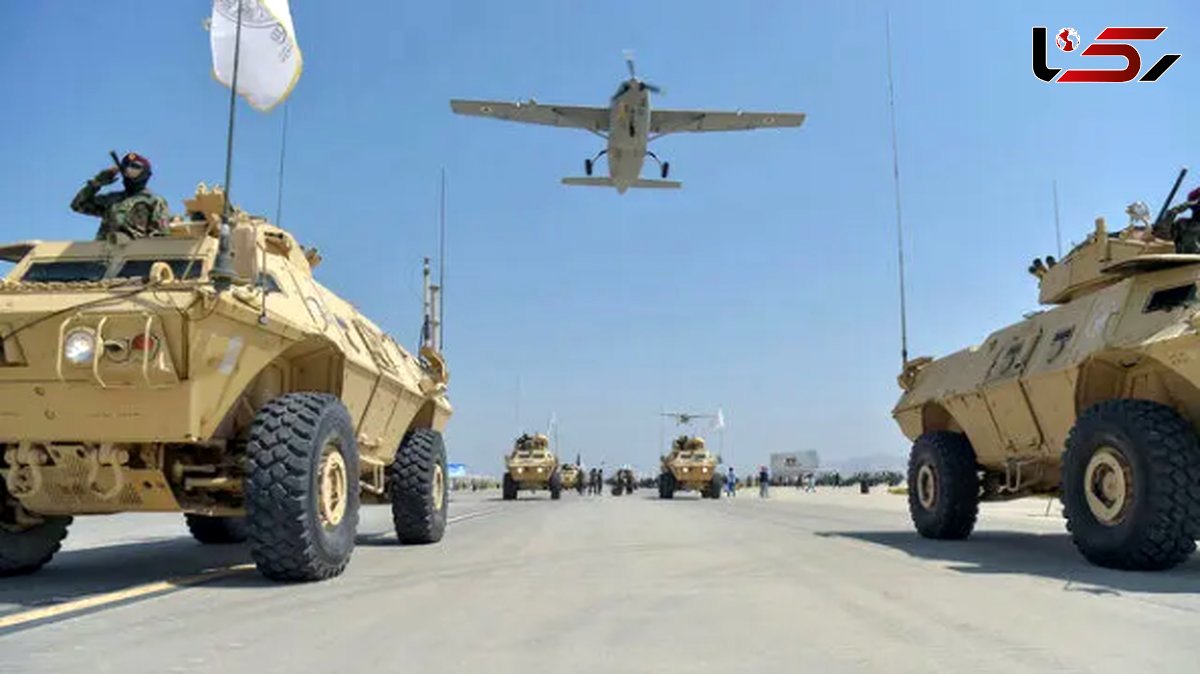Bagram Air Base: Hotspot of U.S., Iran, and China Rivalry in Central Asia
Rokna Political Desk: Bagram Air Base has emerged as a strategic focal point in the intensifying rivalry among the United States, Iran, and China in Central Asia. The Trump administration is seeking to reclaim the base as a means of consolidating Washington’s influence in the region.

Bagram is not merely a military installation but a strategic and symbolic card in the power struggle between Washington, Beijing, and Tehran. Any U.S. attempt to retake the facility could significantly impact the balance of power in Central Asia and the broader concept of Afghan sovereignty.
According to Rokna, an American magazine recently examined the renewed focus on Bagram and its role in the competition among global powers. The article underscored that this is not only a symbolic move but part of President Donald Trump’s strategy to reinforce U.S. presence in Central Asia.
In a report cited by Al-Monitor, Trump called on the Taliban during a September 18 press conference to return Bagram to the United States, warning that Afghanistan would face consequences if it refused. Since taking office, Trump has reportedly pressured his national security team behind closed doors to explore ways of reclaiming the base, which the U.S. vacated in 2021.
Taliban’s Position and Negotiation Outlook
The report noted that the Taliban immediately rejected Trump’s demand, issuing a September 21 statement emphasizing Afghanistan’s independence and territorial integrity. Located 50 kilometers from Kabul, Bagram was the largest U.S. base during two decades of war.
Al-Monitor added that Trump’s special envoy for American hostages, Adam Boehler, recently met with Taliban Foreign Minister Amir Khan Muttaqi in Kabul, signaling that limited channels of communication remain open. Trump, during a joint press conference with British Prime Minister Keir Starmer, also insisted that the U.S. retains leverage over the Taliban, stating, “They need things from us.”
Possible scenarios, the article suggested, include leasing the base, recognizing the Taliban government, or offering economic aid — although Trump has not ruled out the potential use of military force. Analysts noted that previous U.S.-Taliban agreements offered security guarantees in exchange for aid, but the Taliban’s evolving ties with China and India have complicated the situation. Geopolitical consultant Tarek Farhadi argued that a U.S. military return to Bagram is unlikely, but long-term frameworks for future cooperation that involve the base remain possible.
Strategic Importance in Relation to China
The article highlighted Trump’s emphasis on Bagram’s proximity to China, noting his claim that the base is “one hour from where China builds nuclear weapons” — a reference to the Lop Nur site in Xinjiang. The report also pointed to the U.S. Department of Defense’s warnings about China’s expanding missile and nuclear capabilities.
In response, Chinese Foreign Ministry spokesman Lin Jian warned that Beijing opposes fueling confrontation in the region, stressing that Afghanistan’s future must be determined by its own people.
According to the article, a U.S. return to Bagram could disrupt Chinese investments in Afghanistan and projects linked to the Belt and Road Initiative. Afghanistan’s mineral wealth, including rare earth elements, was also cited as a likely target for U.S. interests.
Implications for Iran
Al-Monitor emphasized that Trump’s warning that “bad things will happen” if Bagram is not returned signals a more aggressive posture. A Tehran Times editorial argued that U.S. control of Bagram would allow Washington to conduct drone operations, electronic surveillance, rapid special forces deployments, and strikes against Iranian interests. Press TV also noted that while such advantages are real, reoccupying Bagram would make it a vulnerable target for anti-American attacks and would require heavy security costs.
Nevertheless, analyst Naveed Ali Sheikh contended that Bagram’s value for monitoring Iran is limited, since the U.S. typically relies on aircraft carriers and other bases in the region for such missions.
The article concluded that Bagram is more than a military installation: it is a strategic and symbolic asset in the triangular rivalry among Washington, Beijing, and Tehran. Any American move to reclaim it could profoundly alter the balance of power in Central Asia and Afghanistan’s sovereignty.
Send Comments